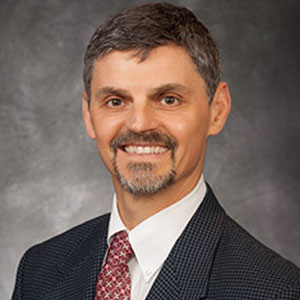Roderick Dashwood
Roderick H. Dashwood,PhD, FRSB
University Distinguished Professor
Director, Center for Epigenetics and Disease Prevention (CEDP)
John S. Dunn Chair in Disease Prevention
Component
Center for Epigenetics & Disease Prevention
Contact
About Roderick H. Dashwood
Roderick H. Dashwood received his Ph.D. in 1986 from the University of Portsmouth in the U.K. and earned a postdoctoral appointment at Oregon State University (1986-90) and assistant/associate professor positions at the University of Hawaii (1990-98). He returned to Oregon State University in 1997 as director of the Cancer Chemoprotection Program and Helen Rumbel Professor for Cancer Prevention at the Linus Pauling Institute. In 2013, Dr. Dashwood joined Texas A&M Health as director of the Center for Epigenetics & Disease Prevention and John S. Dunn Chair in Disease Prevention, with tenure as a professor in the School of Medicine’s Department of Translational Medical Sciences.His specialties encompass genetic/epigenetic/immunological mechanisms and colorectal cancer, including the seminal discovery of the histone deacetylase inhibitory activity of sulforaphane and its role in altered epigenetic ‘reader’ pools - this was transformational for the field, dovetailing cell-based assays, preclinical models and human translation in epigenetics/diet/cancer interception.
With an h-index of 77, Dr. Dashwood’s scholarly activities comprise more than 350 abstracts, book chapters and peer-reviewed publications in respected oncology journals such as Molecular Cancer, Seminars in Cancer Biology, Cancer Research and Oncogene. His professional honors include Regents’ Medals for Excellence in Teaching (1995) and Research (1997), the Rice University Institute of Biosciences & Bioengineering Medical Innovation Award (2017) and being named a Fellow of the Royal Society of Biology (2017). Dr. Dashwood served as chair of the NIH Cancer Prevention Study Section (2020-2022) and is listed in the upper quartile of Stanford University’s list of the world’s top 2% of scientists, comprising the most-cited authors across all disciplines, according to Stanford University.
Dashwood
0